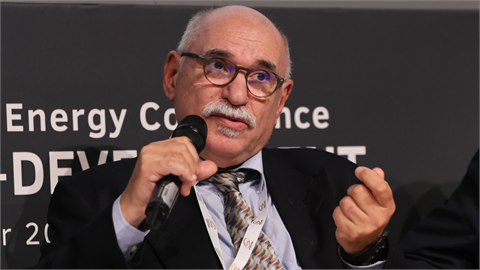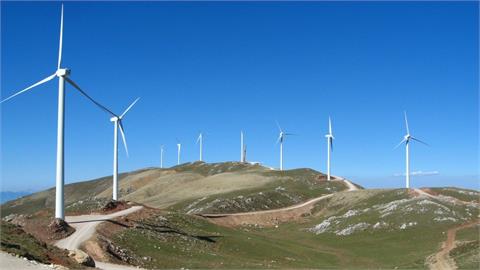Slashing bank lending and reducing funding by regional and global financing institutions to fossil fuel companies, i.e oil, gas and coal, is not a viable option in our effort to satisfy the Paris agreement goals for mitigating Climate Change. Bankrupting fossil fuel companies, as some radical environmentalists seem to suggest, is not a constructive way to address Climate Change challenges.
Slashing bank lending and reducing funding by regional and global financing institutions to fossil fuel companies, i.e oil, gas and coal, is not a viable option in our effort to satisfy the Paris agreement goals for mitigating Climate Change. Bankrupting fossil fuel companies, as some radical environmentalists seem to suggest, is not a constructive way to address Climate Change challenges.
In his latest letter to the Financial Times, published on October 2, ( see full text below) the chairman of IENE, Mr. Costis Stambolis makes a passionate plea for a return to logic and moderation in the current debate, which tends to indiscriminately demonise all types of fossil fuels forgetting though that we have very few options left in our Energy Transition path. With the large majority of companies, the EU and the IEA agreeing that natural gas is the 'fuel of choice' for industry, commerce and the domestic sector in the years ahead, the call for suspending now all funding to oil and gas companies appears suspicious to say the least.
The following is the letter by Costis Stambolis as published in today's edition of the Financial Times
Bankrupting fossil fuel companies is no solution to tackling Climate Change
Dear Sir,
In his op-ed "Banks must cut the flow of financing for fossil fuels” (September 23) Patrick McCully seems to suggest that it would be constructive to bankrupt fossil fuel companies in order to comply with the Paris Agreement's goals of controlling average global temperature rise. He therefore proposes that banks start slashing indiscriminately their funding to coal, oil and gas companies.
But Climate Change challenges cannot be solved simply by interfering so bluntly with market operation. The banks have primarily obligations towards their shareholders and clients and they will manage their affairs as they see fit in order to operate on a profitable basis and not conform to some vague dictum of environmental correctness. Central banks which they can afford to take the long view, and they have the resources to back it, are rightly worried about the impact to the global financial system from a foreseeable rise of global temperatures and hence they strive to find ways to improve environmental climate and risk management in finance.
Lessening financial support to the fossil fuel sector, which is responsible for 81 % of the global energy mix today and 74 % by 2040, according to IEA estimates, via bank lending or through bond placement, is clearly a misplaced option. The ongoing Energy Transition towards a world of clean fuels will accelerate only through the adoption of relevant policies at national, regional and global level. It is through the implementation of such policies that market forces will change direction including banks. A forced course by banks now to withhold funding to the fossil fuel sector will only cause havoc to the energy markets, result in millions of job losses and lead nowhere.
Costis Stambolis
Chairman and Executive Director,
Institute of Energy for SE Europe (IENE)
Athens, Greece




